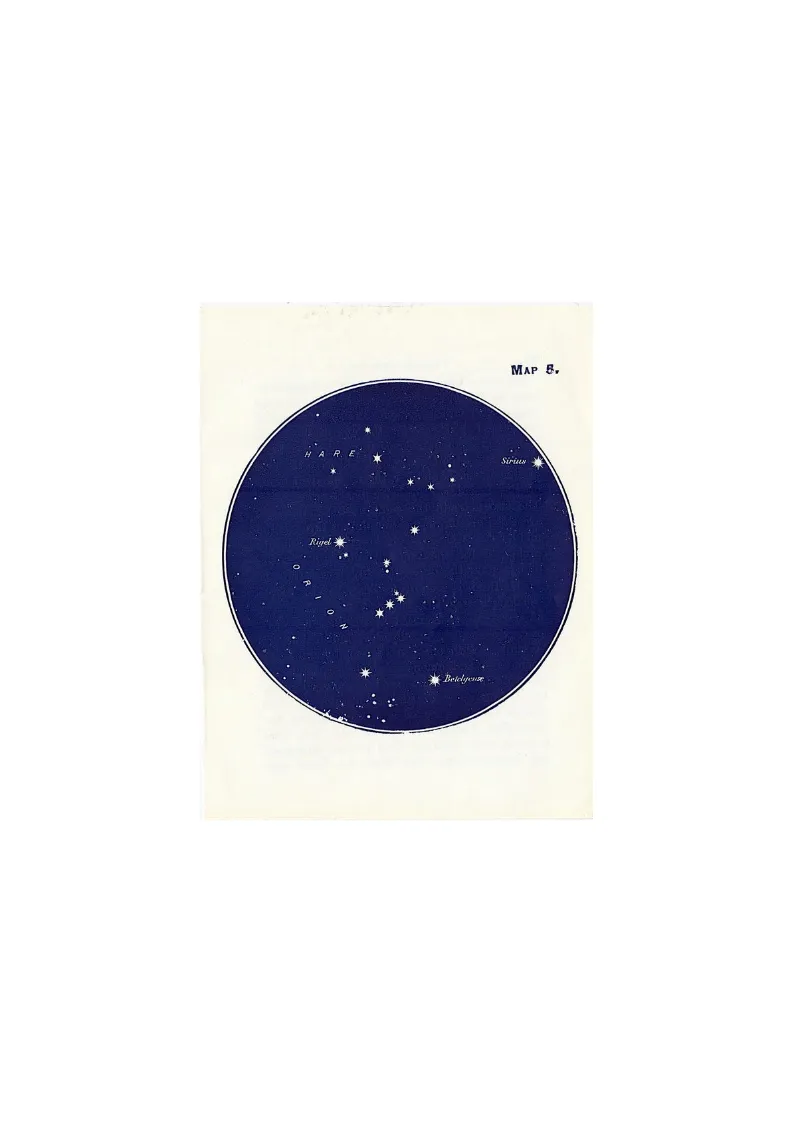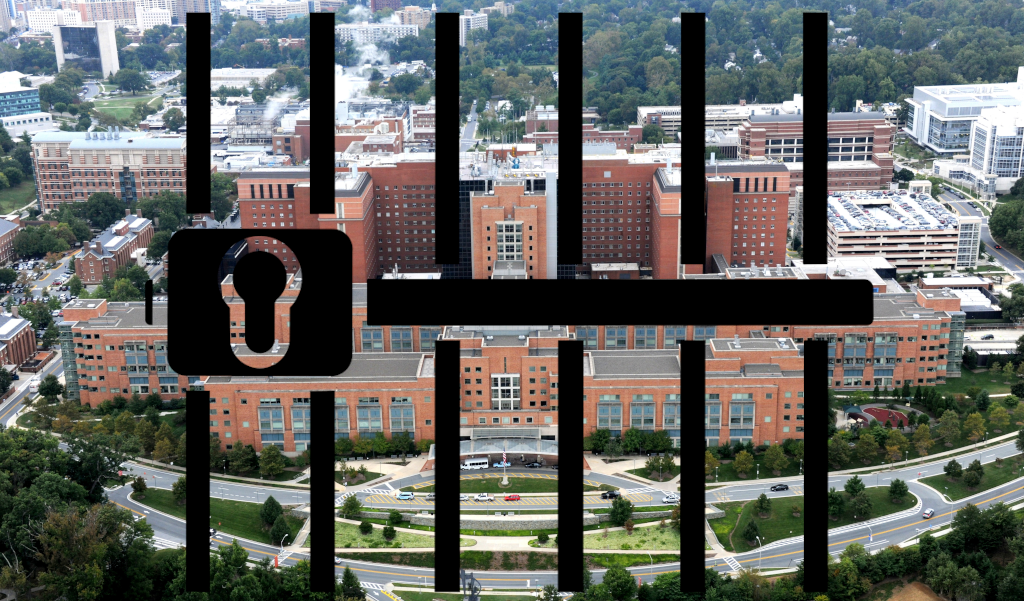This post expands further on the assertion recently made by Danny Kingsley in her post on “Language co-option in the open space” that “words matter” when trying to have meaningful conversations about open access. Not only do words matter for creating common agreement, but words can also actively create biases, inform decision-making, and even thwart the visions of open publishing and infrastructure advocates most want to champion.
In her joint plenary session with Leslie McIntosh at FORCE2024: Trust, Global and All That Jazz, Kingsley pointed to several examples of language connecting risk to open infrastructure. There was an opposite trend as well – the connection of “trust” and “sustainability” to commercial infrastructures. She referenced the RELX 2023 annual report as an example where it included “Payment model evolution” as one of the External Risks for the company: “There is continued debate in government, academic and library communities, regarding the payment models and the extent to which research content should be freely available to read. [...] Rapid changes in customer choice or regulation in this area could impact the mix and overall level of revenue generated by our primary research publishing business.”
Kingsley’s plenary also highlighted a January article published in the Times Higher Education. “It’s time for open access to move on from institutional repositories” argued that the cyber attack on the British Library was a reason for moving away from a distributed network of independent institutional repositories to a new centralized “knowledge store”. (For those without a subscription to the THE article, there is an explanation of the paper in a series of posts on X from David Prosser.)
Both of these examples contain the following presupposition: proprietary systems are less risky than open infrastructure. This presupposition ignores the risks and challenges associated with proprietary systems, such as cyber attacks, sunsetting of products, and the reuse of institutional and personal data.
Kingsley argued: “The narrative that open infrastructure (it is not) sustainable and/or (it poses too high a) risk” appears to be the new argument for “Open Access is not quality”. This is a very old trope.
These connections can also be found in the everyday language advocates and workers use in relation to open access. In 2019 and 2021, we (Melissa Cantrell and Lauren Collister) published two papers analyzing the language of open access. We found a compounding trend: discussions of “open” are too complex for most people to understand. Worse, this language contained many “patchy endorsements” that showed bias against open systems and towards commercial and proprietary systems. This post is not a criticism of any individual, as we conducted research on our own writing, and the examples that we use in the remainder of this post are things that we have written in the past.
First: to untangle this “patchy endorsements” issue, we rely on the related concepts of cognitive load and the status quo bias.
The concept of cognitive load affects many parts of our lives. It can arise when reading contracts, working through a complex article, or deciding what to order for dinner at a new restaurant. The more information we have to process, and the more complex the language, the greater the possibility of overload. This can lead eventually to what is popularly called decision fatigue. Our 2019 article shows that most web content from publishers, libraries, and advocacy groups was too hard to read for the average person. It was even beyond the reading level of distinguished scholars. Only an expert in the field – that is, scholarly communication professionals, such as many reading this blog – could understand the jargon and dense information. This is made worse by jargon like “gold” and “green,” “diamond” open access, which are also constantly being redefined and appropriated, as Kingsley detailed in her previous post tracing the origins of these terms. How will a chemistry professor who is a subject expert in Helmholtz regime particle interactions, for example, understand these niche publishing terms?
When faced with complex information, combined with a need to decide quickly, another key concept kicks in: bias towards the status quo. Too much information about alternatives can cause people to become confused and overwhelmed. In this situation, they tend to choose the familiar and known. When a graduate student receives a “paper accepted” notice for their first journal article, they face a dilemma. For those who want to choose the open access publishing “option” available in many journals, they may quickly discover that this option has a multi-step process with complex licensing decisions and copyright language. They might also need to search for funding for a publishing fee. Faced with this complicated process and the desire to have their paper published, they might just choose the same path as their advisor, likely resulting in accepting the subscription option because it's simply easier.
How does “risk” factor into this issue? We showed in a 2021 follow up article that not only is the language too complex to understand, but also contains multiple indicators of risk. A common example is the euphemism “traditional publishing” – a common stand-in for subscription models where authors transfer all copyright to the publisher and the publisher sells their content as part of a journal or a book. Using the word “traditional” encodes the status quo in our own language by marking this business model as less risky because it has survived the test of time. We are implicitly telling readers and listeners that if they are overwhelmed by the information – which is hardly surprising – there is a “classic” and “long-established” publishing model which they can default to.
Another example of implicit risk is to describe open scholarship and publishing as undergoing “rapid change” or a “revolution”. These terms – “rapid change” and “revolution” – encode a sense of upheaval and uncertainty about the future. A graduate student who needs to publish a paper for job applications may not want any uncertainty around their paper – especially when they are reading articles from “traditional” publishers that have been around since the 1940s. This kind of language encodes risk.
What can be done about the connection between “open” and “risk” mentioned in Kingsley’s blog post?
No individual or group can control what other people do with their language, nor should they. However a critical look at one’s own language and revision of practice, can be beneficial. The ideas from our 2021 article remain relevant.
Check the complexity of your own writing
There are many tools available to measure the complexity of writing and correct it. A complexity checker is built into Microsoft Word, and there are browser tools such as Readerly, Grammarly, and Hemingway. We tested out Hemingway on this blog post to help reduce the complexity of our own writing, and we used the Python package Textstat to do the analysis in our publications.
Word choice
Beyond that, we recommend paying attention to word choice, especially adjectives and descriptors. Using descriptors can mark the “other.” Consider the difference between saying “nurse” and “male nurse.” The second version marks only the “male nurse,” presuming that nurses are not male by default. We suggest using extra descriptors equally. As previously mentioned, since “traditional” as a euphemism can trigger the status quo bias, we recommend being specific. One example is “subscription publishing” and “open access publishing.” If you are trying to communicate the pathways to open access, try “open access in a repository” and “open access in a publication”. If you are speaking about a particular business model, consider using a phrase like “open access in a publication with a fee”. This approach also avoids the “gold” and “green” jargon. There are more words in these phrases, of course, so choose them wisely and connect them to the topic that you actually want to highlight.
Avoid hedging and unnecessary disclaimers
We also recommend watching for hedging and unnecessary disclaimers, which can increase uncertainty and perceived risk. Let’s consider some examples. First: “Open access research is usually peer reviewed”. This sentence may be technically true. In context, it was used to refer to the many types of works that can be made open access (including preprints and conference proceedings, which may not be peer reviewed). Unfortunately, its lack of specificity and the hedge “usually” implies that you might not be able to determine when an open access publication is peer reviewed or not. This can reinforce a connection between open access and fake journals, making that connection to risk and lack of trust.
Unnecessary disclaimers are another example. Consider a disclaimer found on a toaster: “Not for use underwater.” A person reading this disclaimer might have never considered using their toaster underwater, but now the idea has been planted in their mind. Apply this concept to this example: “An open access journal is not an open door for publication.” Someone reading this might have never considered that open access might mean an “open door” – implying lower quality. However, now that they have read this disclaimer, the connection may have been made unintentionally, and again invokes a lack of trustworthiness in open access publications. We recommend eliminating these unnecessary disclaimers and hedges from talking points altogether, unless the concept specifically comes up.
These are just a few examples of ways to consider how language can either deepen understanding of OA – or not. This is one component of open access advocacy that advocates can control and exercise meaningful agency in their work. We hope that the ideas in this post will inspire readers to look at their own writing and share additional examples.
Acknowledgments
The authors thank Danny Kingsley for her suggestions to the article.
References
- Kingsley, D. (2024, September 3). Language co-option in the open space. Upstream. https://doi.org/10.54900/n5epb-45613
- Kingsley, D., & McIntosh, L. (2024, August 1). Trust, Global and All That Jazz (Keynote) [Video recording]. Force11 Conference 2024. https://www.youtube.com/watch?v=z4syIhPYeRg
- Cantrell, M. H., & Collister, L. B. (2019). The status quo bias and the uptake of open access. First Monday. https://doi.org/10.5210/fm.v24i7.10089
- Collister, L. B., & Cantrell, M. H. (2021). From “Patchy Endorsements” to Intentional Advocacy: Deconstructing Bias in the Language of Open Access. Journal of Librarianship and Scholarly Communication, 9(1). https://doi.org/10.7710/2162-3309.2395
Copyright © 2024 Lauren Collister, Melissa Cantrell. Distributed under the terms of the Creative Commons Attribution 4.0 License.






